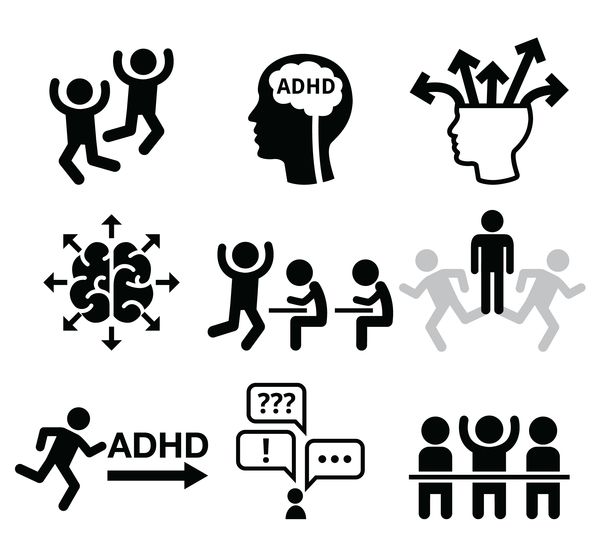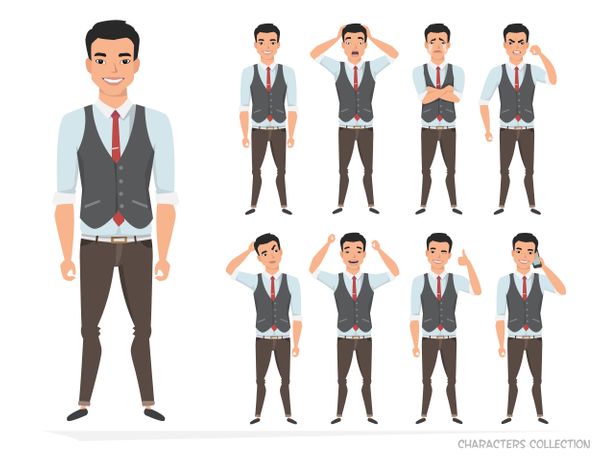Inattention is a defining characteristic of ADHD. People with ADHD may find it challenging to focus on tasks, often making careless mistakes, overlooking details, and struggling with organization. This can adversely affect academic, professional, and personal responsibilities.
Children with ADHD might frequently forget homework assignments, lose school materials, or struggle to complete tasks that require sustained attention. In adults, inattention may manifest as difficulty meeting work deadlines, staying organized, or following through on commitments. If you notice signs of chronic inattention, such as forgetfulness or difficulty concentrating, consider consulting an ADHD specialist for evaluation and guidance.




